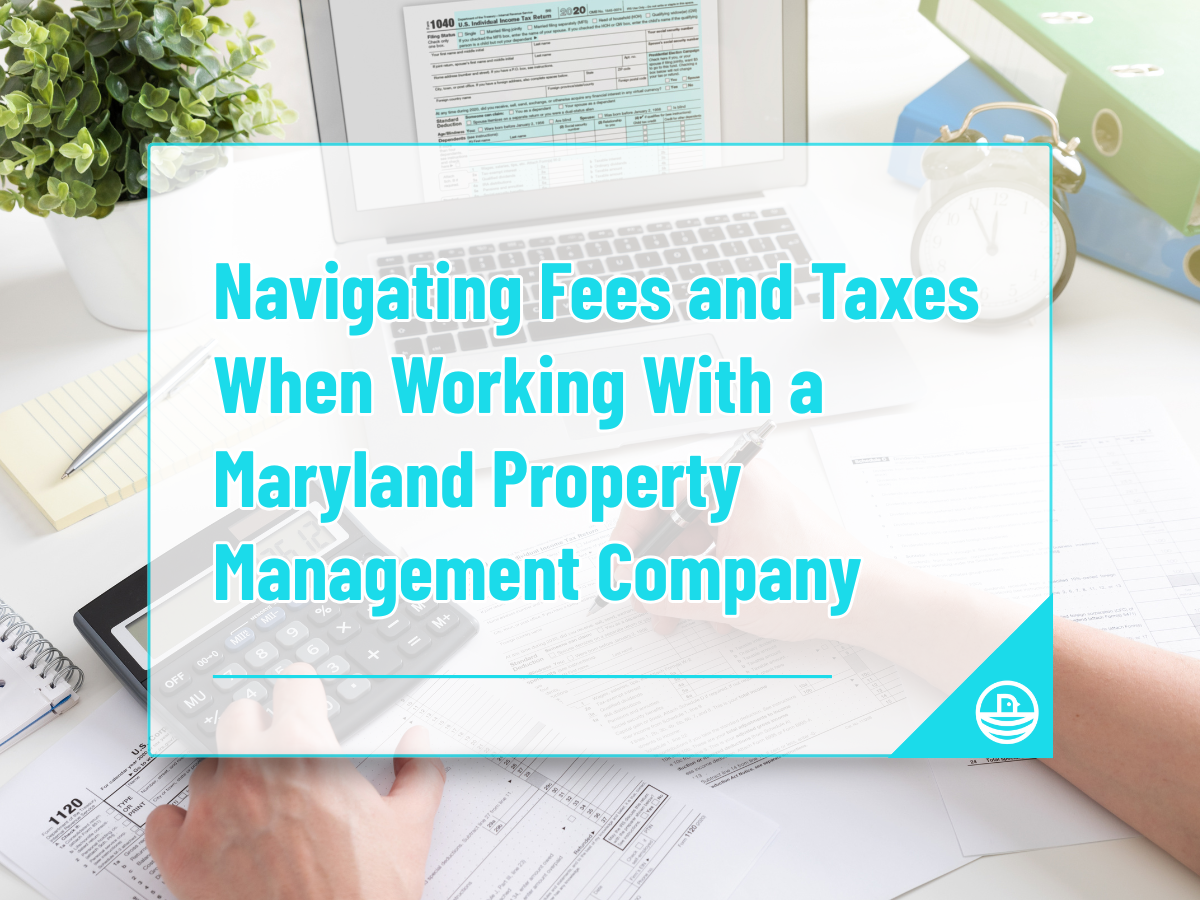For Landlords: Rent Increase Laws in Maryland
Introduction
Understanding rent increase laws is crucial for landlords operating in Maryland. With a diverse rental market and a variety of tenant protections in place, it’s essential to stay informed about the legal parameters governing rent increases. This knowledge not only helps in maintaining compliance with state laws but also aids in fostering positive relationships with tenants. Maryland's rental landscape is shaped by a blend of urban and suburban environments, each with its own unique challenges and opportunities. Landlords must navigate these dynamics while adhering to the regulations that protect tenant rights, ensuring that your rental practices are fair and lawful.
In this article, we’ll explore the key aspects of laws regarding rent increase in Maryland, including how much you can increase rent, when you can do so, and the proper procedures to follow. By the end, you’ll have a clearer understanding of your rights and responsibilities regarding rent adjustments. Additionally, we’ll discuss the implications of local ordinances that may further influence rent control measures in specific jurisdictions, such as Montgomery County and Baltimore City. These areas may have stricter regulations that require you to be particularly vigilant about compliance, thereby underscoring the importance of local knowledge in effective property management.

How Much Can a Landlord Increase Rent in Maryland?
The amount by which a landlord can increase rent in Maryland is not universally fixed; it can vary based on several factors, including local regulations and the type of rental property. Generally, there are no state-imposed caps on rent increases for most residential properties. However, some jurisdictions within Maryland, such as Montgomery County and Prince George's County, have established limits on how much rent can be raised in a given year.
In Montgomery County, for instance, landlords may only increase rent by a certain percentage, which is determined annually. For 2023, the allowable rent increase was set at 3.5%. This means that if a tenant is paying $1,000 in rent, the maximum increase would be $35, bringing the new rent to $1,035. It’s important to check local regulations to ensure compliance with these limits.
In addition to the percentage limits, you must also provide proper notice to tenants before implementing any rent increase in Maryland. Typically, this notice must be given at least 30 days in advance, allowing tenants time to prepare for the change. This requirement is designed to foster transparency and communication between landlords and tenants, ensuring that both parties are aware of their rights and responsibilities. Furthermore, some areas may have additional stipulations regarding how often rent can be increased, which can further influence your strategy when considering adjustments to rental prices.
Moreover, it’s essential to stay informed about the broader economic factors that can affect rental markets, such as inflation rates and housing demand. For instance, if the local economy is thriving, you might be tempted to raise rents more aggressively. However, you must balance this with the potential risk of losing tenants to more affordable options. Understanding the local housing market dynamics, including vacancy rates and the availability of comparable rental properties, can provide valuable insights when deciding on rent increases. This strategic approach not only helps in maintaining a stable income but also fosters long-term relationships with tenants, which can be beneficial in the competitive rental landscape of Maryland.
When Can You Increase Rent?
Timing is another critical aspect of rent increases. In Maryland, you’re generally required to provide tenants with written notice of any rent increase. The notice period can vary depending on the lease agreement and local laws. For month-to-month leases, the notice period is typically 30 days, while for longer-term leases, it may be specified in the lease agreement itself.
Moreover, you cannot increase rent during the term of a fixed lease unless the lease explicitly allows for such increases. Therefore, it is advisable to carefully review your lease agreements and understand the terms regarding rent adjustments. Additionally, you should be aware of any local ordinances that may impose additional restrictions on the timing of rent increases.
How Do You Increase Rent?
Increasing rent in Maryland involves a straightforward process, but it is essential to follow the legal requirements to avoid disputes with tenants. The first step is to draft a formal notice of the rent increase. This notice should include key details such as the current rent amount, the new rent amount, the effective date of the increase, and the reasons for the increase if applicable.
Once the notice is prepared, it must be delivered to the tenant in a manner that complies with local laws. This could be done through certified mail, personal delivery, or as specified in the lease agreement. It is crucial to keep a copy of the notice for your records, as this may be needed in case of any disputes.
After the notice period has elapsed, be prepared to implement the rent increase. Maintain open communication with tenants throughout this process, addressing any concerns they may have. This approach can help mitigate potential conflicts and foster a positive landlord-tenant relationship.
Final Thoughts
Laws regarding rent increase in Maryland can be complex, with various regulations at both the state and local levels. Understanding these laws is essential to ensure compliance and maintain a healthy rental business. By being aware of how much rent can be increased, when it can be done, and the proper procedures to follow, you can navigate the rental landscape more effectively.
Ultimately, staying informed about changes in legislation and local ordinances is vital. Regularly reviewing lease agreements and maintaining transparent communication with tenants will not only help in adhering to the law but also contribute to a more harmonious rental experience for all parties involved.
If you want to maximize your rental income without becoming an expert on landlord-tenant law, reach out to Evernest’s Maryland property management team today!













